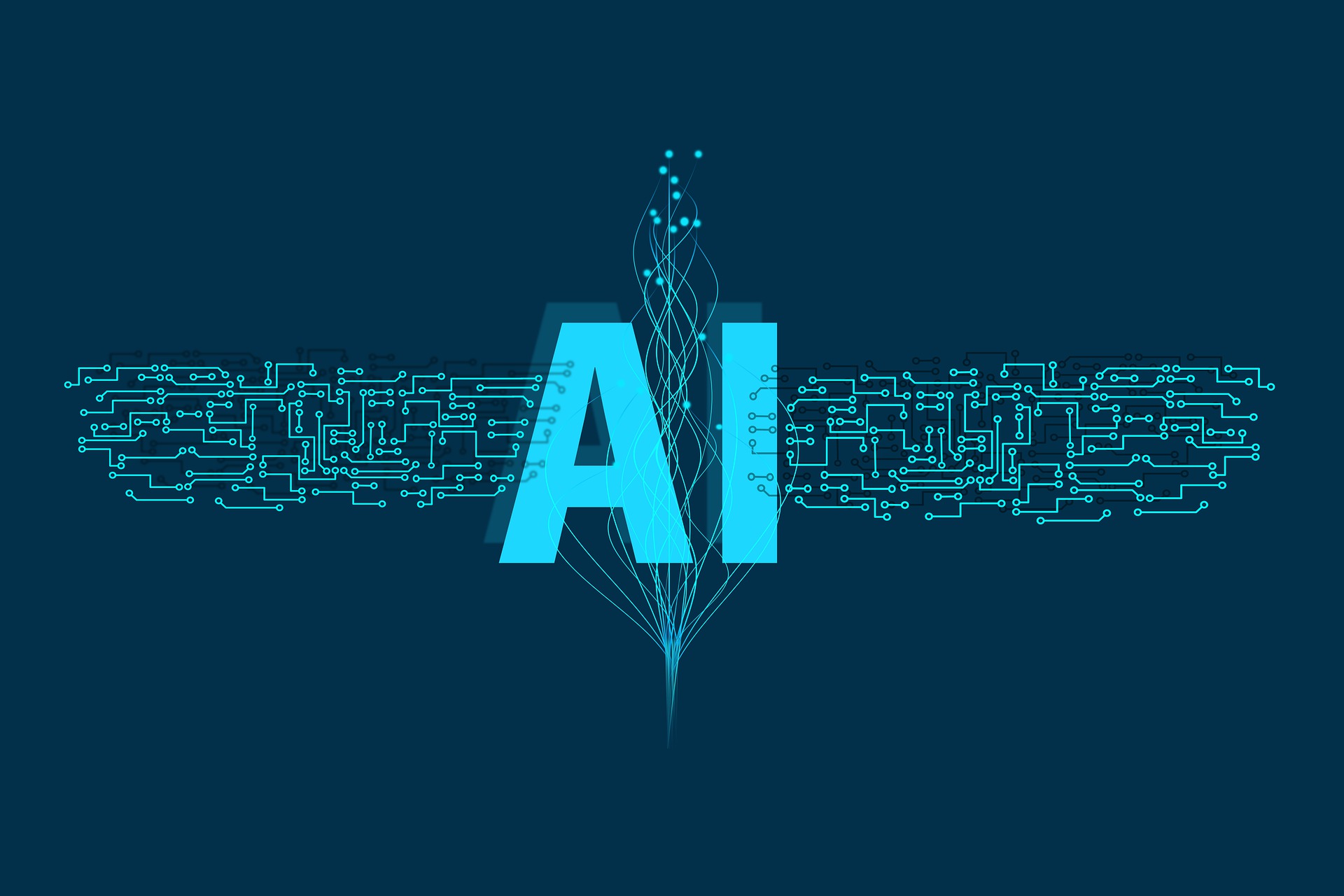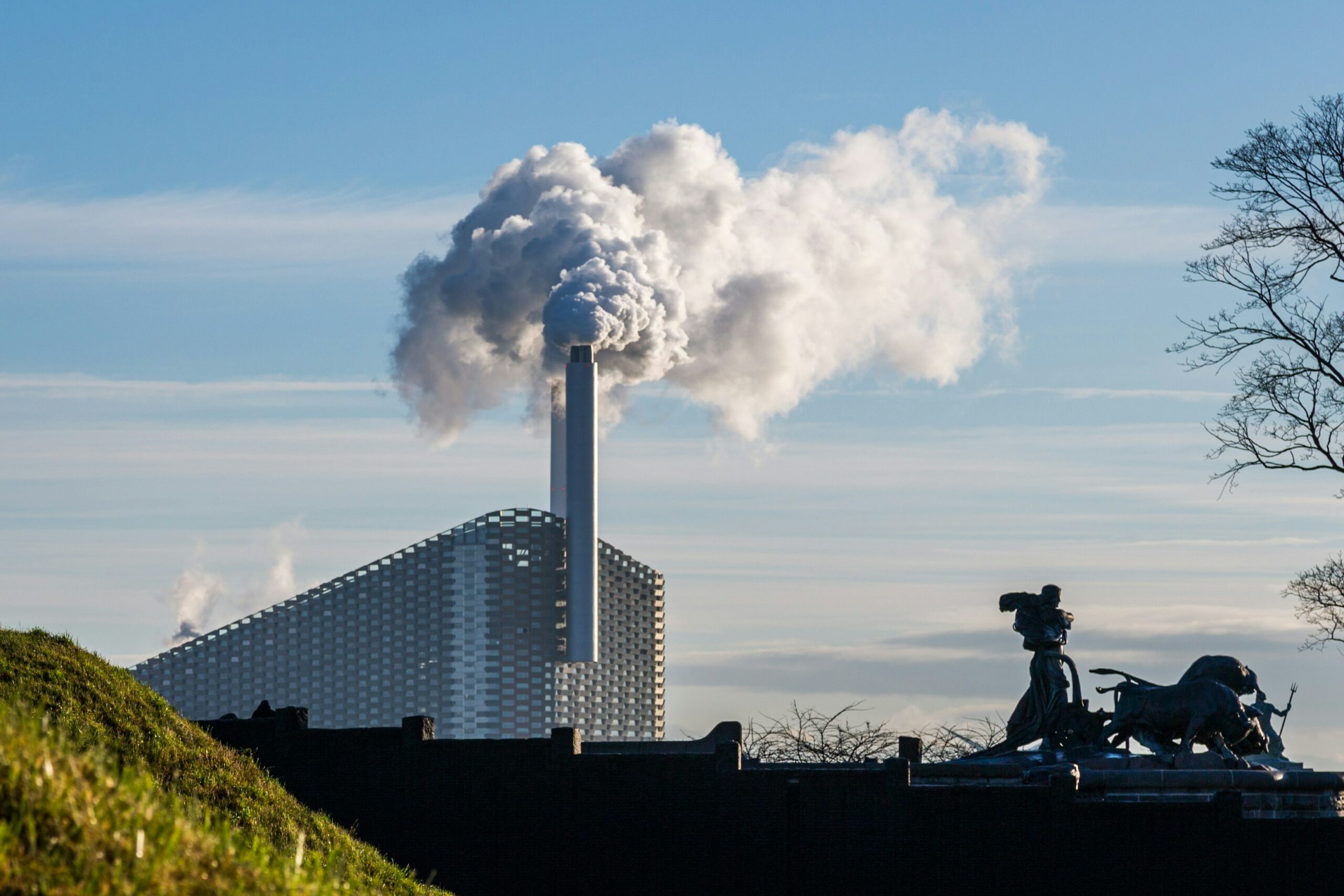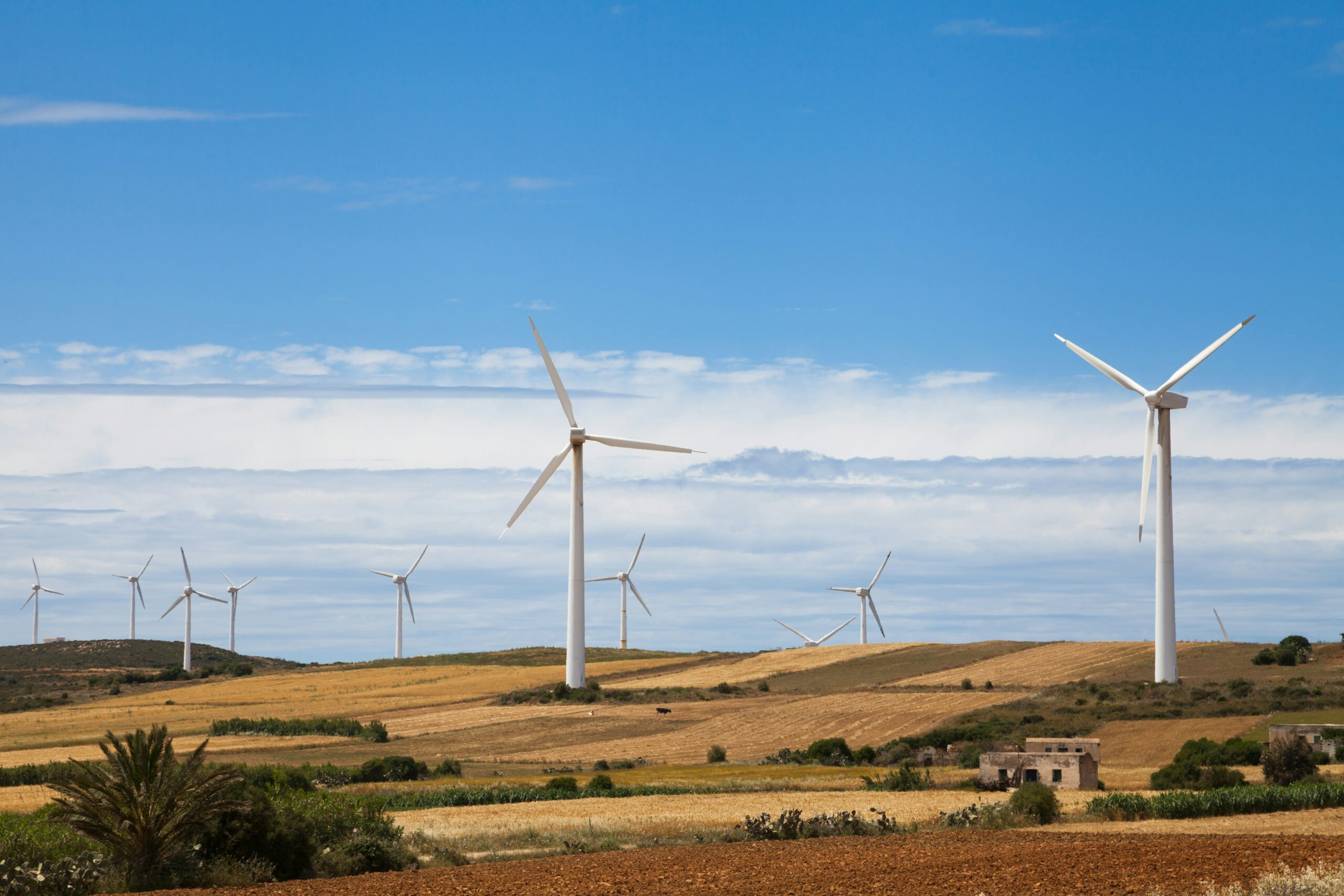Insider Brief
- Microsoft acknowledges it will not meet its 2030 carbon-negative goal, attributing delays to the energy demands of its AI initiatives, which it sees, ultimately, as a tool to eventually improve sustainability.
- Despite challenges, the company has secured 34 GW of renewable energy, completed 90 water replenishment projects, and protected 15,849 acres of land.
- Through its $1 billion Climate Innovation Fund, Microsoft has invested nearly $800 million in 63 sustainable technology ventures, while shifting its carbon fee funds toward high-impact investments in carbon removal and clean electricity.
Microsoft is pivoting sustainability strategies as the power demands of its Artificial Intelligence (AI) initiatives put its 2030 carbon-negative goal out of reach.
“In 2020, Microsoft leaders referred to our sustainability goals as a ‘moonshot,’ and nearly five years later, we have had to acknowledge that the moon has gotten further away,” wrote Melanie Nakagawa, Microsoft’s Chief Sustainability Officer, in a blog post. “However, the force creating this distance from our goals in the short term is the same one that will help us build a bigger, faster, and more powerful rocket to reach them in the long term: artificial intelligence (AI).”
Despite the challenges, AI is already driving positive environmental change and the tech giant expects it to rapidly accelerate climate solutions on an unprecedented scale, Nakagawa pointed out.

Microsoft’s sustainability efforts have yielded results since 2020, Nakagawa pointed out. The company has secured 34 gigawatts of contracted renewable energy across 24 countries, replenished water supplies through 90 projects globally, and protected 15,849 acres of land, exceeding its initial target by over 40%. Additionally, improvements in Surface and Xbox repairability have advanced the company’s zero-waste initiatives.
Still, the journey has not been without adjustments. Microsoft, which achieved carbon neutrality in 2012, recently stopped purchasing non-additional renewable energy certificates. Instead, it is redirecting its carbon fee funds to high-impact investments in carbon removal and clean electricity procurement.
“Microsoft’s prior years achieving carbon neutrality were based on a common combination of environmental attributes purchased with funds from our corporate-wide carbon fee and our overall carbon emissions reduction efforts. This is a prime example of where we have learned and adjusted along our journey,” Nakagawa stated, adding the company will continue to put the carbon fee to investments in emissions reductions.
Microsoft is celebrating its 50th anniversary this year and 2025 marks the mid-point in its journey to meet it sustainability goals.
“In 2020 we announced our ambitions to be carbon negative, water positive, and zero waste by 2030, all while protecting ecosystems,” Nakagawa wrote. “We have made tremendous progress over the past five years, and we are proud of what we’ve accomplished. We’ve also learned lessons along the way, lessons that constantly inform and shape our path toward 2030 and beyond.”
The company is also betting on AI to accelerate climate solutions. Microsoft’s AI and Sustainability Playbook, released in November 2023, outlines five key conditions for using AI to drive progress in emissions reduction, water management, and clean energy adoption. Nakagawa emphasizes that AI, paired with sustainable practices, is central to future success.
In addition, Microsoft’s $1 billion Climate Innovation Fund has committed nearly $800 million to support 63 sustainable technology ventures, from low-carbon materials to circular economy solutions, Nakagawa noted. The fund is a cornerstone of Microsoft’s strategy to foster emerging markets for climate technologies.
“Going forward, we will extend this strategy and continue to invest our capital to build new markets and increase the market supply of emerging sustainable technologies to address carbon, water, and waste,” Nakagawa wrote.
Nakagawa acknowledged that the global push toward net-zero goals is “not on track,” a reality reflected in Microsoft’s own journey and underscored the importance of collaboration.
“If you want to travel fast, travel alone; if you want to travel far, travel together.”








